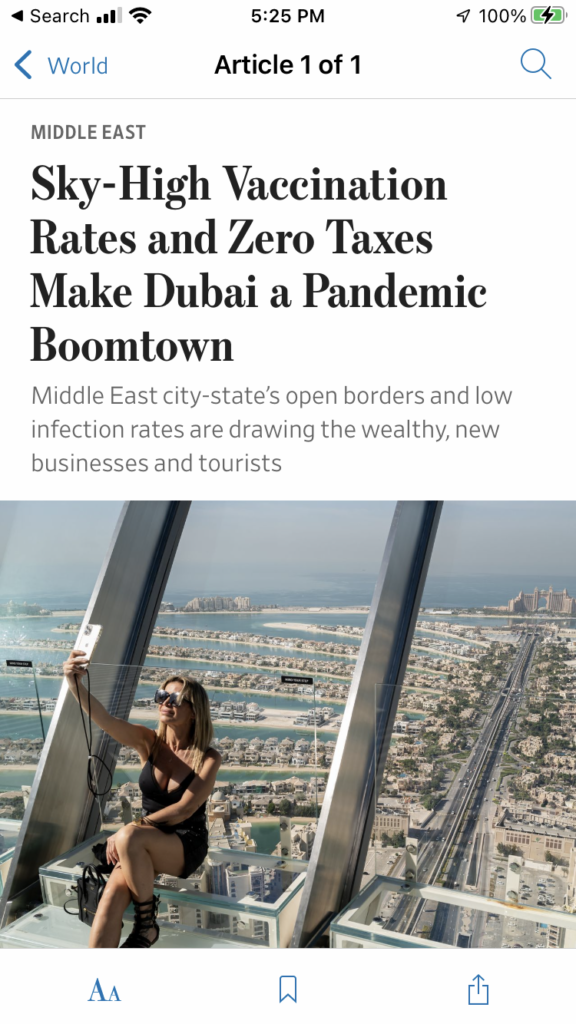Gaming is what finally pilled me on crypto. When I took a medical leave a few years ago I felt isolated. I picked up a number of social games as a way to feel connected to other people. What started as fucking off ultimately transformed my perspective on investing. I didn’t know it yet but it was setting the stage for my fascination with web3.
I made friends. Real friendships despite none of us ever spending time together IRL. I made friends all over the world in completely different places, from wildly different social and economic classes, and we all easily collaborated to win together.
And while this sounds obvious I learned just how much talent and intelligence is evenly distributed to my fellow humans. The only difference between me and many of my fellow gamers was that I was born with a good passport. While everyone had the same access to internet as me, what they didn’t have was the same access to to global markets as I did. We could play together but we couldn’t invest together.
Their ambitions were cut short because of geopolitical decisions that had nothing to do with their ability to contribute and accumulate meaningful value. I had always known this intellectually, but never before had I been so deeply emotionally connected to so much human diversity as I was through gaming online.
Frankly it radicalized the fuck out of me. People in the West have no idea how good they’ve got it. And it’s a crime that we are not all actively working for all of our species to have equal access to markets. It’s just fucking time to drop the colonialism and the exceptionalism and combine our ambitions. We’ve got big problems to solve.
For me wagmi is some powerful solidarity shit. And I’m basically a foot soldier to the plutocracy. I am at the top of the food chain. I’ve get every reason to want to rent seek and act a protectionist to preserve my place. But thanks to something so simple as playing with others got me back to the golden rule. Do unto others.
Web3 offers a radical cultural position that everyone should own their work and everyone should compete with the same rules. When we say “we are all gonna make it” it’s an optimism about the kind of future we can build together. Sure the wealth is good. We need those incentives to come together. Markets operate on self interest. So let’s use that slay the beasts of collaboration and make stuff together. Wagmi.
